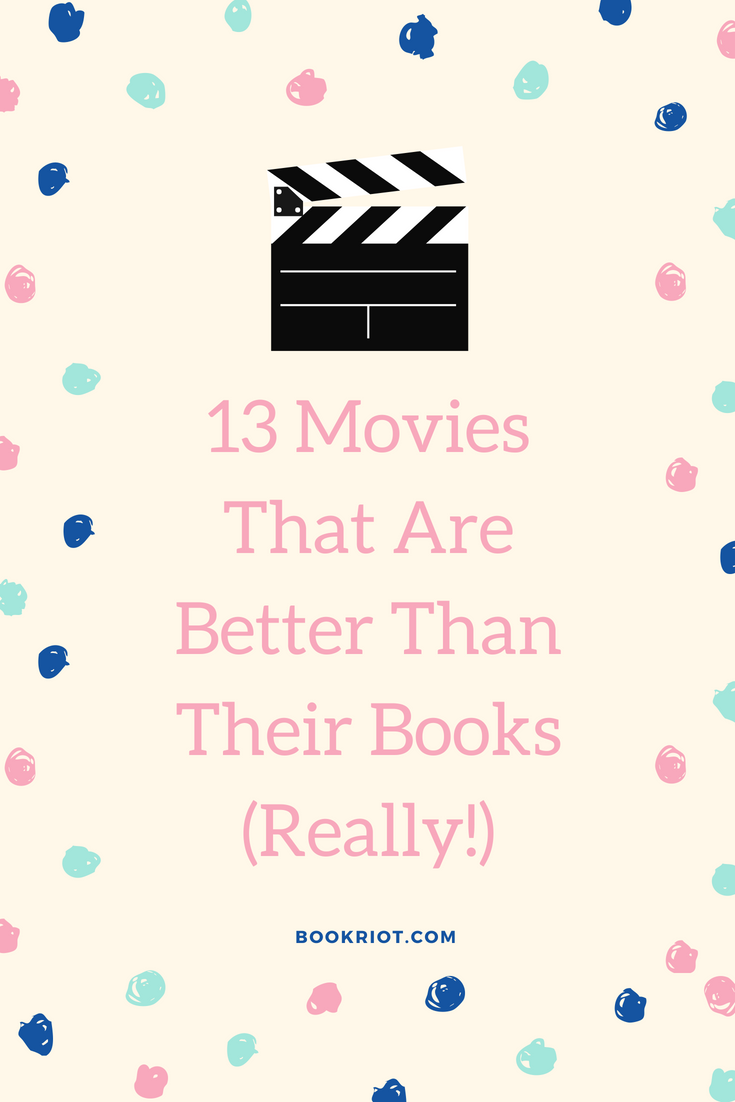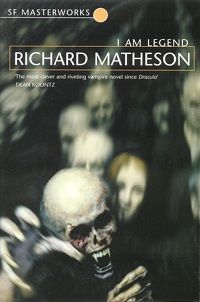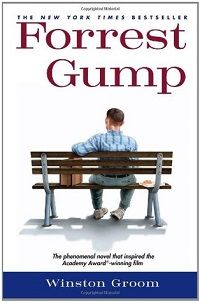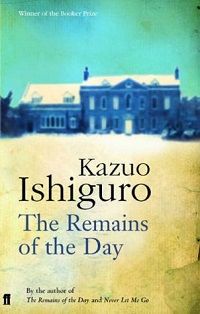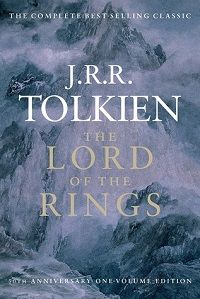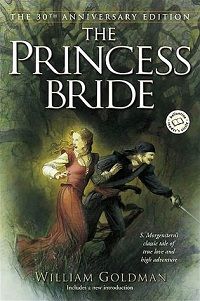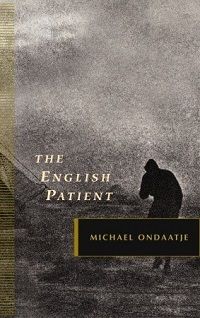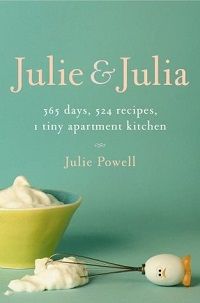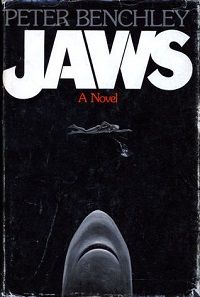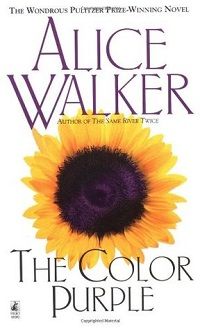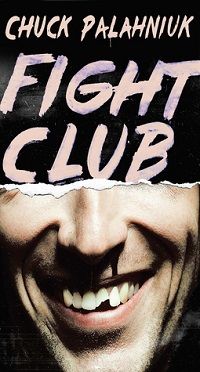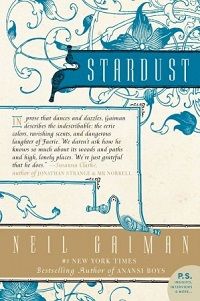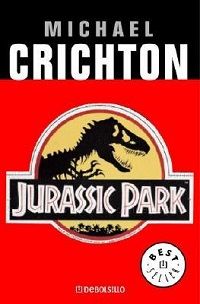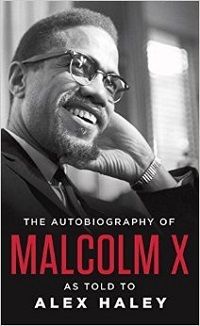I Am Legend (dir. Francis Lawrence) adapted from i am legend by Richard Matheson
I watched the Will Smith movie and, knowing this story was in my wheelhouse, decided I wanted to read the book immediately. I ordered the book that night, started it as soon as I received it…and then shortly thereafter stopped reading it. I think most of my disappointment is simply expectation. I really enjoyed the storyline of the film adaptation and was just looking for more of that from the book. I’m sure my evaluation of the book as compared to the movie isn’t fair and I’ve seen plenty of comments on the internet that say the exact opposite. However, to this day, it remains the only book I’ve ever returned. —Elizabeth Allen
Forrest Gump (dir. Robert Zemeckis) adapted from Forrest Gump by Winston Groom
The movie has its problems, but whatever you may feel about the film and its representations of sexuality, disability and race, we can be thankful that it is still a massive improvement on the book. The book is handled less like a dramedy and more like those absurdist adventure books we read as kids. Forrest does become a ping pong champion, but he also goes to space and gets stuck on a deserted island with a chimp. You get the sense that Groom doesn’t like Forrest as much as he uses him as a placeholder for more interesting things to happen around him. At least Forrest in the film is played with some sympathy. It is just one of those situations where sometimes a mediocre book, in the right hands, makes a much better film. —Laura Diaz de Arce
The Remains of the Day (dir. James Ivory) adapted from The Remains of the Day by Kazuo Ishiguro
The book is a solid work of literary fiction by a Nobel laureate. Of course it’s good. Great, even. But it’s also pretty cold. Given that the book is narrated by a butler who has repressed all of his feelings and principles to be a good servant, that effect was probably intentional and one of the things that makes the book a brilliant work of literature, worthy of its Booker prize win. But it didn’t get to me the way the movie did. Still, the performances by Anthony Hopkins and Emma Thompson showed what a toll Stevens’s unwillingness to step out of his role took on both Stevens and those who decided to care about him. The book seemed more like an exercise in creating a difficult character, but the movie is a haunting story about people living through a difficult situation. —Teresa Preston
The Lord of the Rings (dir. Peter Jackson) adapted from The Lord of the Rings by J.R.R. Tolkien
A lot of the stories I prefer as movies rather than books tend to be because I found the book too slow. As is the case for me and LOTR. Like, I actually don’t care just how Samwise Gamgee seasoned the rabbit stew. If it’s being used for character development, okay, fine, but do it in less than a whole damn paragraph. For the record, I am also anti–Tom Bombadil. I like stories that are tighter and sprinkled with threads that tie together at the end. Because of time, movies necessarily tighten up stories. The LOTR movies compressed a lot. While there are still interminable fight scenes, just like the book, I don’t have to read about some rando kid at the Battle of Helm’s Deep and get his genealogy just so I can make it back to someone I actually care about like Eowyn or Merry and Pippin. And I only need like 11 hours to watch the extended editions. —Aimee Miles
The Princess Bride (dir. Rob Reiner) adapted from The princess bride by William Goldman
In a rare twist of events for me, I saw the movie The Princess Bride well before I knew it was based on a book, let alone before I read it. When I finally picked up the novel, I was so incredibly disappointed. Where was my colorful cast of characters? Where was my exciting and quirky plot line? Where was the humor? (And, maybe most importantly, where was young Cary Elwes?) I found the novel to be wanting at best and trudged my way through what felt like an unpolished piece. I’m not one who picks up on humor in books easily—I totally missed the laughs when we read Voltaire’s Candide in high school—but even the funny bits aside, The Princess Bride didn’t live up to the romance depicted in the movie. “Is this a kissing book?” I couldn’t tell you; my eyes glazed over after the first ten pages or so. —Abby Hargreaves
The English Patient (dir. Anthony Minghella) adapted from The English Patient by Michael Ondaatje
When I was in high school, this was one of my favorite movies. Gorgeous cinematography, sweeping love stories set against the backdrop of war, Colin Firth, Naveen Andrews and his lovely locks…what’s not to like? I started the book expecting to be blown away but spent most of it really bored. The novel’s not super long, but the filmmakers did us all a favor by narrowing the focus and reducing the time jumps so that the story flowed more smoothly. Also, I found the conclusion of Kip and Hana’s romance in the book to be REALLY irritating. —Tasha Brandstatter
Julie & Julia (dir. Nancy Meyers) adapted from Julie & Julia: 365 Days, 524 Recipes, 1 Tiny Apartment Kitchen by Julie Powell
Okay so Julie Powell had a great concept and a great blog, but let’s be honest. Her memoir just…isn’t that great. She has a bit of a tone problem; she comes of snarky, cynical, and a little narcissistic. But lucky us! This less-than-lovable memoir led to a wonderful movie, featuring goddesses Meryl Streep and Amy Adams! With these two acting legends, Powell’s tale becomes far more charming and enjoyable. In this case, skip the book and watch the movie instead. —Susie Dumond
Jaws (dir. Steven Spielberg) adapted from Jaws by Peter Benchley
Honestly, I didn’t know that Jaws was a book until I’d spent nearly a decade of my life traumatized by it. Growing up on the Gulf Coast of Florida, the idea of a horrible, man-eating beast lurking just beyond the drop off was something that my young mind could easily latch onto. Spielberg’s direction elevated what is a perfectly good novel into a taught, tense, “watch most of the movie from between your fingers” affair. It helps that Roy Scheider, Richard Dreyfuss, and Robert Shaw all turned in command performances. From the big moments (Shaw’s “the whole damn thing” speech has stayed with me my entire life, to the point where I named a blog after it) to the minor (The Chief glancing at his appendix scar as the other guys carry on about their shark attack scars is a fantastic humor release valve in an increasingly tense act of the movie), Spielberg was able to extract the best of his talent. It’s a monster movie where the monster is more small-town economics than it is the creature in the water. It’s a monster movie where we’re our own worst enemies, as selfish nature overcomes better judgement. I read Benchley’s Jaws when I was in college and remember enjoying it, but a few years later, when I visited my wife’s family up North and I stepped out onto a rocky New Jersey beach for the first time, it wasn’t the recollection of the novel that stopped me in my tracks. The dark stones, the churning waves, the press of bodies—I was instantly transported to the movie. So much so, I could practically hear the first chords of that familiar theme. Simply put, Spielberg’s Jaws is the Platonic ideal of Benchley’s novel. —Anthony Karcz
The Color Purple (dir. Steven Spielberg) adapted from The Color Purple by Alice Walker
I can honestly say that the only reason I believe the movie version of The Color Purple is better than the book is because the movie was a staple in my household before I came across the book. Thanks to the movie, Sofia will ALWAYS be Oprah Winfrey, Celie will ALWAYS be Whoopi Goldberg, and Mister will ALWAYS be Danny Glover. I appreciated how those characters were brought to life on the screen when I finally read the book. Although there are parts of the book that are not included in the movie, those removed parts do not significantly affect the story, which is important for a good adaptation. —Katisha Smith
Fight Club (dir. David Fincher) adapted from Fight Club by Chuck Palahniuk
I’m just going to come out and say it. Chuck Palahniuk is not a great writer. He’s the type of writer who you think is cool when you’re in high school because of the shock factor, but after you get over that, there’s not a lot of substance to his books. Fight Club, the book, is a shell of what the movie adaptation is, and if you saw the movie first, like I did, going back to read the book afterwards will add nothing to your Fight Club experience. Fincher’s movie is still somewhat problematic, but it’s iconic. The cast is amazing, David Fincher is a great director, and the Tyler Durden twist at the end has become a part of our public lexicon, not because of the book the movie is based on, but because Fincher’s movie which elevated the material. —Emily Martin
Stardust (dir. Matthew Vaughn) adapted from Stardust by Neil Gaiman
For the record, by “better,” I mean even more awesome. The book is very different from the movie, a little more somber, a little more relaxed in some ways. But the sheer brilliance of this movie shines. Robert de Niro as a pirate who likes to dress in drag? A younger Charlie Cox playing a doofy Tristan finding the shining star Yvaine who is played by Claire Danes, and then the lead evil witch is played by Michelle Pfeiffer?? I mean, come on. This film is fun, it’s one of my all-time favorite romances, it’s a gorgeous fantasy movie, and the added action scenes and expanded character pantheon only make the movie better. This is one of my all-time favorite movies, and it’s my everlasting example of how you can adapt a film and change it to make it a better film without losing the soul of the original. —Leah Rachel von Essen
Jurassic Park (dir. Steven Spielberg) adapted from Jurassic Park by Michael Crichton
I APPRECIATE that Crichton thought of the initial idea, but the movie took it and made it so much better. In the book, instead of being a teenage hacker, Lex is the annoying little sister. Brilliant paleobotanist Ellie Sattler? A grad student. Even with just those changes from the book, the movie became this classic that we’ve somehow regressed from with Jurassic World. Oh for a world where women can wear pleated khaki shorts and hiking boots in films again. Jurassic Park is perfect, so say we all. —Alice Burton
Malcolm X (dir. Spike Lee) adapted from The Autobiography of Malcolm X as told to Alex Haley
You might balk at my saying that one of the greatest products of Spike Lee’s career is better than the words of one of the great writings of modern Black History, but in this case, it’s true. Not because the Autobiography is terrible, but the way in which it is presented on film is so effing magical. The care given to the story and the man by every person responsible for producing the film, whether writer, director, actor, or set and costume designer, creates one giant work of power that takes the text and makes it something completely in and of itself. I might be able to bring up some of Malcolm’s words from the book, but they’ll always be in Denzel Washington’s voice. And there are scenes that are completely filmed in silence (like that hand turning away the entire Nation at the hospital) that just couldn’t be reproduced. So yeah. Awesome book. Brilliant movie. —Jessica Pryde
